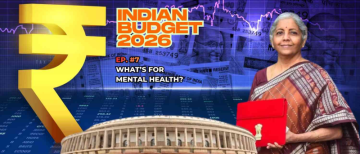This week, a statement from Bihar’s highest-ranking police officers has set off a wave of disbelief, outrage, and disappointment across the state. Bihar’s Director General of Police, Vinay Kumar, along with Additional Director General Kundan Krishnan, publicly claimed that the reason for the frightening increase in murders and contract killings in Bihar during May and June is because “jobless farmers” have nothing better to do after the crop season ends. “More murders happen in May-June,” they casually declared, casting blame not on criminals or systemic issues, but on rural workers experiencing a seasonal pause.
Is this truly the law and order regime that the citizens of Bihar, and indeed the people of India, deserve? When the very officials responsible for protecting life and property sound not just resigned but dismissive, how are ordinary people expected to have faith in law enforcement? Bihar’s top cop did not announce a robust new action plan, a crackdown on gangs, or an increase in street patrols. He offered an explanation, not a solution. In effect, he told the people: crime rises with the temperature—get used to it.
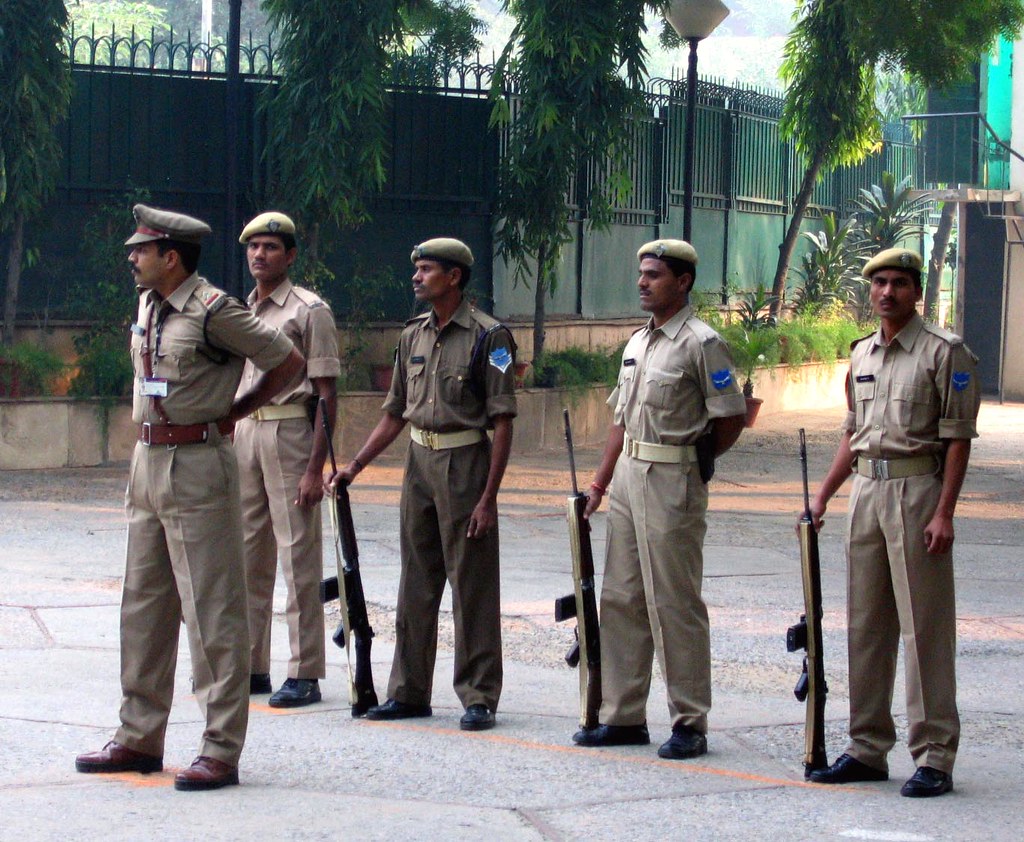
A Frightening New Normal
This isn’t just a misjudged statement; it’s a symptom of a much deeper malaise. For decades, Indians have debated the quality and character of policing in our country. Corruption, inefficiency, and an attitude of apathy have too often replaced service, action, and justice. Now, it appears we have gone a step further. Rather than being embarrassed by this failure, our officials appear comfortable making blanket statements excusing it.
Let’s be clear: crime rates do ebb and flow with economic cycles. Poverty, joblessness, and frustration do create fertile ground for crime—and Bihar’s rural economy is in distress. But to publicly state that the rise in murders is almost natural, just because some farmers have more free time, is both arrogant and insulting. It not only stigmatizes one of the state’s largest and most hardworking communities, but glosses over the multiple failures that allow contract killings and street crime to persist.
Misplaced Blame and Wasted Trust
If police leadership is not actively finding and punishing the culprits, but instead blaming an entire class of citizens, then who is left to believe in justice? Already, the trust deficit between the police and the public in many parts of India is dangerously high—thanks to widespread reports of bribery, high-handedness, and political interference. People are afraid to go to the police. Many believe that unless they can pay a bribe or call in a political contact, their complaints will go unheard. Under such circumstances, the least our leaders can do is show intent to fix things, not make excuses.
If we follow the logic of Bihar’s top cop, then are we to expect that crime in Bihar can never truly be reduced? Are our officials saying that murder and violence are as cyclical and inevitable as the seasons? Such defeatism has no place in modern policing. Law and order are not weather events to be predicted—they are the product of vigilance, intelligence, and authority. Yes, some pressures are seasonal; but the job of the police is to anticipate and prepare, not accept and surrender.
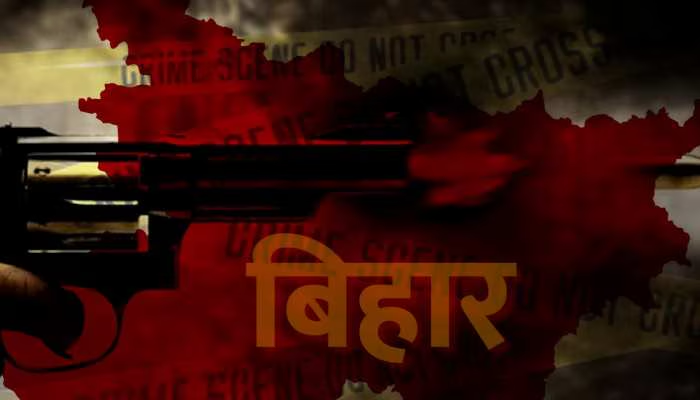
A Call for Accountability, Not Apologies
It is time Bihar’s leadership, and indeed law enforcement agencies across India, realize the devastating impact of such statements. When top officials excuse rising murder rates as “normal,” they take away hope from victims and embolden the criminals.
They send a message to the public: “Don’t expect too much from us; we’ve already given up.” Is this the reassurance we deserve from our guardians?
In a democracy, the police are public servants, not passive observers. Policing is a duty to respond to rising crime—not to explain it away. Instead of casual explanations, the top brass must issue detailed plans for crime prevention, increasing patrolling, and supporting rural communities to ensure that idle time is spent productively, not criminally. Law enforcement must work with civil society, local panchayats, and farmer groups to make positive use of off-seasons—organizing skills training, public works, or community policing programs.
Bihar, and India, Deserve Better
There’s yet another dangerous side to such statements: they further divide our society. Blaming rural jobless youth and farmers for crime will only make it harder for them to find work, respect, or fair treatment in future. Rather than scapegoating the struggling and the poor, the government and police must address the root causes—unemployment, lack of education, economic distress—and fight crime at its source. Police must arrest murderers, not make excuses. They must reassure and protect every citizen, not blame them by category.
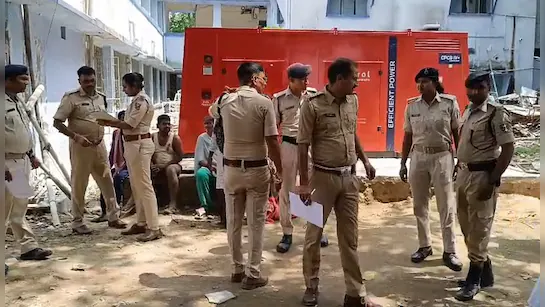
In the end, policing is not about bravely predicting when crime will rise. It is about taking brave steps to ensure it does not happen. Bihar’s people deserve to live in safety not just in the monsoon, but in every season. They deserve police officers who offer protection, not rationalizations. And they deserve a system that finally puts honesty, effectiveness, and service above all else. Let those in power remember: accountability and action—not blame and excuses—are the foundation of law and order.
With inputs from agencies
Image Source: Multiple agencies
© Copyright 2025. All Rights Reserved Powered by Vygr Media.

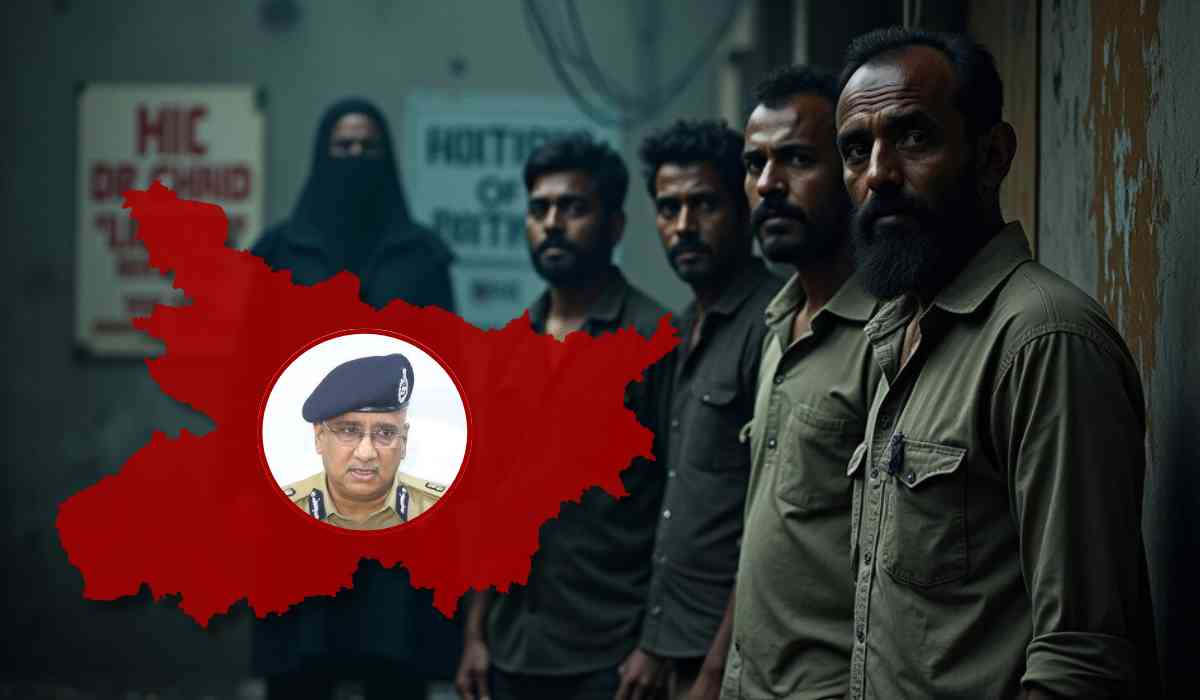

_1752921282.png)




